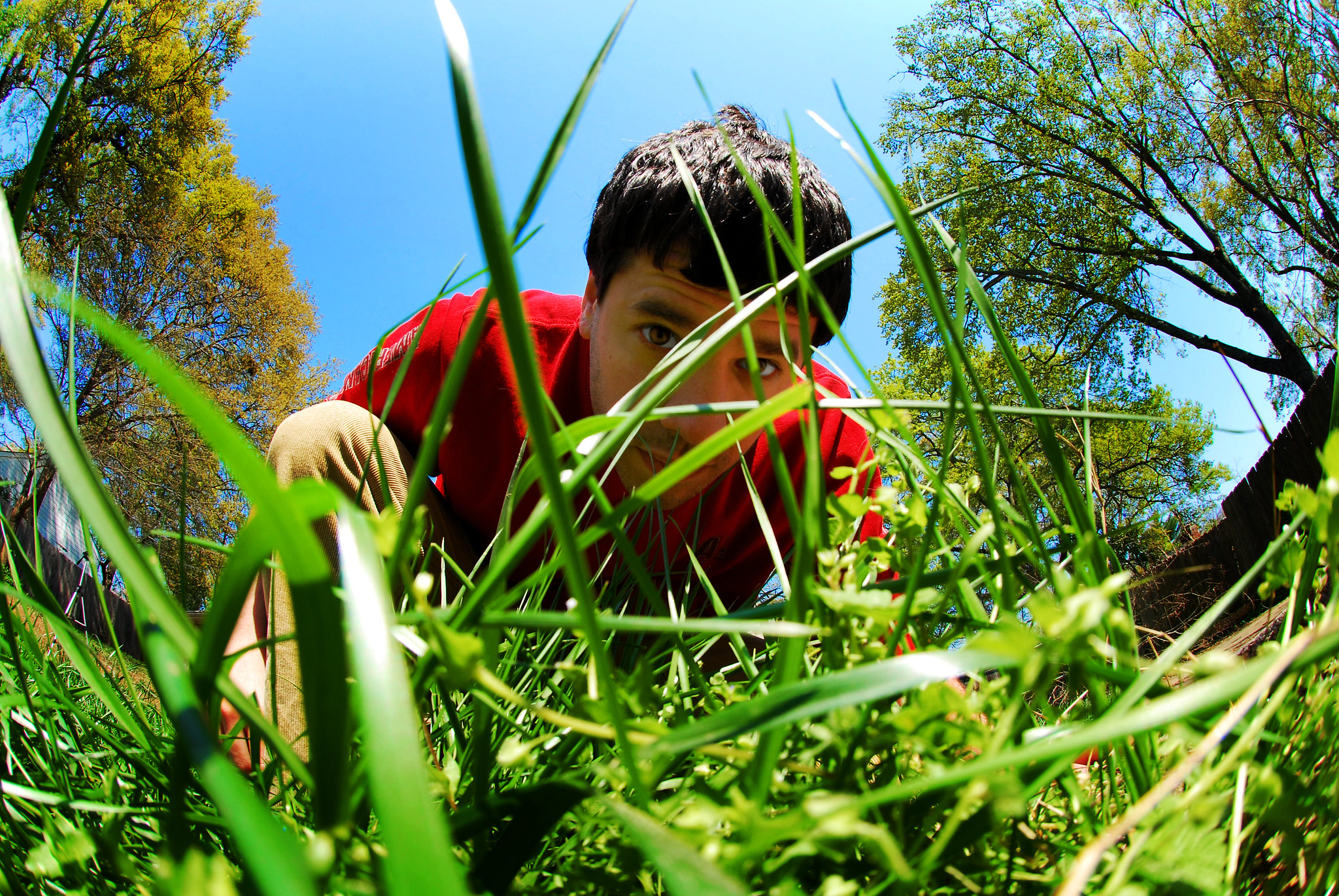DIY Pest Control Solutions
By Jackie Greene
The best part of a long workday is coming home to your castle. House inspections keep tabs on potential structural problems, but insects are hard to avoid. It happens every season — bugs, rodents, and other small critters want to cozy up in the crevices of your house and yard. While you may have the welcome mat out for people, your hospitality doesn’t extend to stinging insects, mice, and other household pests. If all else fails, it may be necessary to hire an exterminator. But first, try a few simple do-it-yourself pest control solutions.
When it comes to DIY pest control, you need to make sure the products you buy or make are safe and suitable for eliminating the critter problem.
Ants

Sprays and bait traps may control an indoor ant problem, but not various types of ants that eat different foods. That’s why some insecticides are hit-or-miss. Some species, such as carpenter ants, eat wood. An insecticide meant for sugar ants will force the carpenter variety to spread out and form more colonies. Other kinds prefer your kitchen’s culinary delights. In any case, try these eco-friendly methods to curb an ant problem.
- Seal cracks and crevices that lead from the outside to the inside of the house.
- Vacuum noted ant trails in the house; dump the bag as soon as possible.
- Wipe down ant trail areas with soapy water to remove the pheromone scents.
- Wash garbage cans and clean up recycling bins. Crumbs and sweet-smelling liquids are ants’ dream feast!
Stinkbugs
One of the most annoying and baffling insects to infest the home is the so-called stink bug from the family Pentatomidae. There are several species of insects in this smelly family, but one of the most common is the brown marmorated stink bug (Hahyomorpha halys). These bugs have mottled-brown bodies, a shield-like shape, straight antennae, and front wings. True to name, they also emit an unpleasant odor. Stink bugs slip through torn screens and door cracks. They can get into your Colorado home any time of the year, but they’re especially bad during winter.
Getting rid of stink bugs is tricky. Pest control experts suggest sealing around door frames, windows, and vents. If your house has a fireplace, close the flue. Vacuuming stink bugs is OK, but your unit may pick up the smell. These little stinkers feed on ornamental plants, garden vegetables, and fruit trees. It may be impossible to get rid of them without professional help.
Mosquitoes

Mosquitoes are not only living outdoors; they get into the house, as well. Their bite can lead to more than just an itchy spot on your skin. The CDC lists them as the deadliest creature on earth. Mosquitoes spread viruses and diseases such as meningitis, Zika, West Nile, and encephalitis. DEET-based insecticides are effective, but organic products such as citronella, cinnamon oil, neem, and oil of lemon eucalyptus also ward off the little buggers. You might try some of those mosquito-zapping light traps in the house. They’re available at home and garden stores.
Lawn Spawn
Grass attracts insects and other pests like field mice, muskrats and moles. Caring for the lawn by keeping it watered, mowed, aerated, fertilized, weed-free, and clear of debris will discourage pests from nesting in your yard. Nesting critters need food and shelter, which could mean a trip inside an unsecured garage, porch, or attic. Skunks and raccoons are notorious for their resourcefulness. You may want to do it yourself, but it’s best not to disturb nesting birds, wasps, bees and animals. This is when it’s time to hire a professional.
Word on Pesticides
Organic pesticides are generally recommended for lawns and gardens. Most of them protect waterways and reduce the risk of killing pollinating insects. These products consist of earth-friendly ingredients, including baking soda, paprika, spearmint, and soap. Keep in mind: organics are not effective on all kinds of pests, and they can still damage the environment. But organic pesticides decompose a lot easier.
Chemical pesticides kill insects, small animals, and plants. With so many poisonous products available for yards and gardens, it’s imperative you follow all instructions. Keep these and all pesticides away from children and pets.
Do-it-yourself pest control is the first step to getting the job done, and it is more cost-effective. But if your own method isn’t working and the bugs really drive you buggy, it may be better to hire an exterminator to get those little critters out of your hair.
Jackie Greene is a blogger, gardener, and nutrition enthusiast. She enjoys creating organic meals for family and friends using the fresh ingredients she produces from her backyard homestead.


